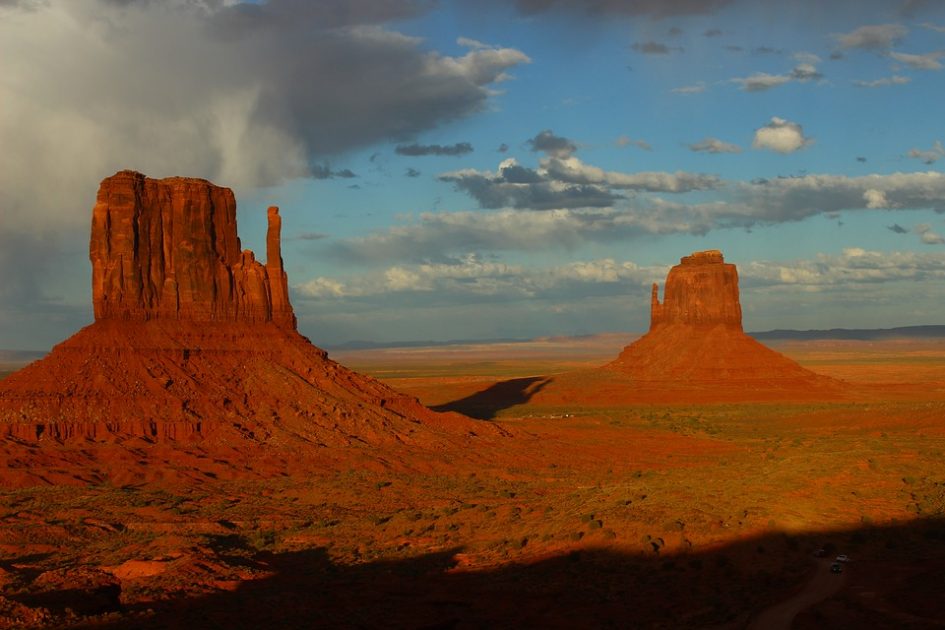Summit Date: August 13, 2021
Time : 8am – 3:00 pm PT, 9am-4:00pm MT , 10am- 5:00 pm CT , 11am-6:00 pm ET
Location: Virtual
Cost: Early bird ticket $75.00 before July 13 / General Ticket $95.00 before Aug 10
Register Here: https://www.eventbrite.com/e/equity-in-conservation-and-outdoor-recreation-ecor-summit-for-action-tickets-156181652527
See event details at https://www.summitforaction.org/ecor-summit-for-action.html
The Equity in Conservation and Outdoor Recreation (E.C.O.R.) Summit for Action is a one-day event for thought-provoking discussions around the intersection of equity and inclusion in environmental conservation and outdoor recreation movements. The outdoors should be a place of healing and enjoyment for all. However throughout American history, people of marginalized identities have so often been underrepresented or intentionally excluded from the conservation and outdoor narratives. These inequities are the result of complex social and economic factors that include but are not limited to explicit racism and segregation. Understanding the history and impacts of racism, sexism, ableism in the parks and greenspaces in our communities can only serve to improve the benefits of green spaces to all people. Join us for a frank discussion on issues that those with marginalized identities face in the movement to enjoy and preserve wild and scenic places.
Summit Program
2021 Keynote Speaker
Lance Tsosie
Born and raised on the Navajo Nation, Lance grew up immersed in his ancestral tradition, culture, and with a deep connection to nature. He grew up herding his grandmother’s goats, riding horses, and exploring the canyonlands surrounding his home – it was here where his sense of wonder grew. Lance received a B.A. from the University of Denver in Political Science and a minor in International Studies, he is an active member of the Denver Native American community, and a strong advocate for social justice. He has professional experience with college access and success programs for underserved communities and is currently the Colorado Program Manager at Big City Mountaineers. His approach to Risk Management does not solely focus on physical safety, but on the emotional and social well being of students. With that, Justice, Equity, Diversity, and Inclusion are heavily applied to his theory of risk management and is at the forefront of field based decisions. He believes so passionately in the power of the outdoors and how it can widen the scope of possibilities for youth. On his personal time, Lance enjoys bouldering, trail running, summiting 14ers, backpacking, fitness challenges, camping, and everything Colorado.
Panel Session Breaking the Mold: Using Social Media to change the conversation about who belongs in outdoor spaces.
When talking about inclusion in outdoor spaces we have to tackle representation. For a long time there has been a lack of inclusive representation in outdoor recreation. For people that have not always had a platform to have their voices heard and bodies represented in outdoor spaces, social media is an enormous game changer. Social media is changing the conversation about who is involved in outdoor recreation activities and has given a wide variety of people the ability to show themselves activity in outdoor spaces.. In this panel you will hear from social media influencers that are challenging traditional representations of what it means to be outdoorsy by showing a variety of bodies engaged in outdoor spaces. Bodies of size, BIPOC bodies, Gender non-conforming bodies, Bodies with disabilities, etc. all deserve equal representation in the narratives we communicate about outdoor engagement. In this panel we will dive into the importance of representation and what organizations can do to be more inclusive.
Breaking down White supremacy in Conservation: What does conservation mean across different cultural, ethnic, and racial groups across the US?
In the last year the United States has been having a national reckoning with racism. These conversations have made Americans increasingly aware of how racist ideas have influenced every sphere of life. This conversation is also happening in the conservation movement and it is long-overdue. People of color have rarely been considered to be major stakeholders in outdoor recreation or park-related activities and they have long been excluded from the environmental and conservation movement. This lack of inclusion creates perceptions that perpetuates inequality.During this panel discussion we will discuss American environmentalism’s racist roots and how we can decolonize conservation practices. The conservation conversation is often reflective of white supremacy and capitalist ideals, during this conversation we will explore cultures who have been doing conservation but who haven’t been included in the conservation story.

